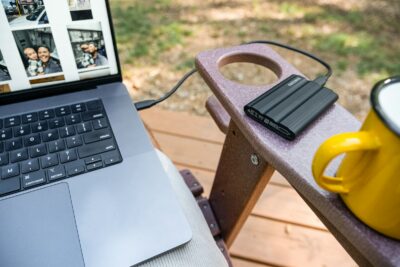For too long, the phrase “child porn” has been used in media, courts, and everyday conversation. But those words are misleading, harmful, and danger

Photo by Samsung Memory US/Unsplash.com
For too long, the phrase “child porn” has been used in media, courts, and everyday conversation. But those words are misleading, harmful, and dangerous.
Children cannot consent. They cannot participate in “pornography.” What is being created, shared, and consumed is not a form of entertainment—it is the documentation of a crime. It is evidence of sexual abuse.
What CSAM Really Means
The more accurate and widely adopted term is Child Sexual Abuse Material (CSAM).
Child — reminds us who is
being harmed.
Sexual Abuse — names the crime directly.
Material — makes clear that it’s a product of exploitation, not art, not “content.”
Other terms you may see:
Child Exploitation Material (CEM)
Child Sexual Exploitation Imagery (CSEI)
All of these alternatives shift the focus back where it belongs: the abuse of children.
Why This Shift Matters
Language can protect or endanger. When we sanitize crimes with words like “porn,” we make it easier for predators to excuse their behavior.
Survivors deserve truth. Naming their abuse for what it is honors their reality and avoids trivializing their pain.
Prevention depends on clarity. Law enforcement, educators, parents, and the public must speak in accurate terms to stop grooming, trafficking, and abuse before it escalates.
A Call to Adults Who Care
Every time we refuse to use “child porn,” we protect children. We tell the world: Children are not objects. Their pain is not entertainment. Their safety is non-negotiable.
We owe it to Survivors—those who endured abuse and those who never made it to adulthood—to get our language right. Words are the first line of defense.